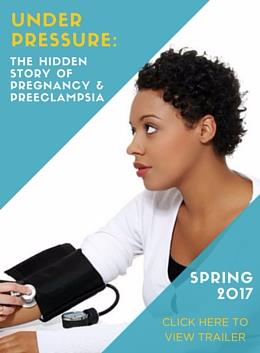By Kecia Gaither
“The times they are a changing.” Indeed, that’s a powerful statement. It certainly applies to what’s happening in the area ofprenatal care. Women being older and delaying pregnancy – while perhaps dealing with chronic diseases and their aftermath – has become the norm, rather than the exception.
Cardiovascular disease is now the No. 1 killer of women in this country, and while its effects are felt across the age spectrum, its presence can be disastrous forpregnant women. So if you have, or are at risk for, cardiovascular disease, here are some pearls of wisdom to enhance your chances of a good pregnancy outcome:
1. Know before you go.
Risk factors for heart disease include hypertension, diabetes, high cholesterol, tobacco abuse and a stressful lifestyle. So before conceiving, optimize your health by visiting your provider and fine tuning and/or preventing any underlying risk factors. Get your blood sugars in line,cut out smoking, decrease your stress, start an exercise regimen for weight loss, change your diet and take your blood pressure/cholesterol medications.
2. Keep your appointments.
Pregnancy with cardiovascular disease has effects, not only for the mother but for the fetus as well. Issues with appropriate fetal growth and well-being are a top priority for any provider caring for a pregnant women with heart disease. Expect more appointments with your doctor, more sonograms and fetal testing – and it’s essential that compliance be maintained to achieve a positive perinatal outcome.
3. Your pregnancy past may predict your cardiovascular future.
For women whose pregnancies were complicated by preeclampsia, preterm labor or inability to lose the baby weight after delivery, know that there exists an increased risk of developing cardiovascular disease later in life. Know your pregnancy past, and ensure that you have yearly evaluations with your provider to monitor your health.
4. Consider being part of the process.
The bulk of research on cardiovascular disease has focused on the physiology of men, not women. Cardiovascular disease in women presents differently, may have a different genetic basis and may require treatment regimens tailored exclusively for a woman’s’ body. Given such, consider being a part of a clinical trial evaluating cardiovascular disease in women.
Finally, recognize that knowledge is power – let it all work together to protect and enhance a mother’s heart.






